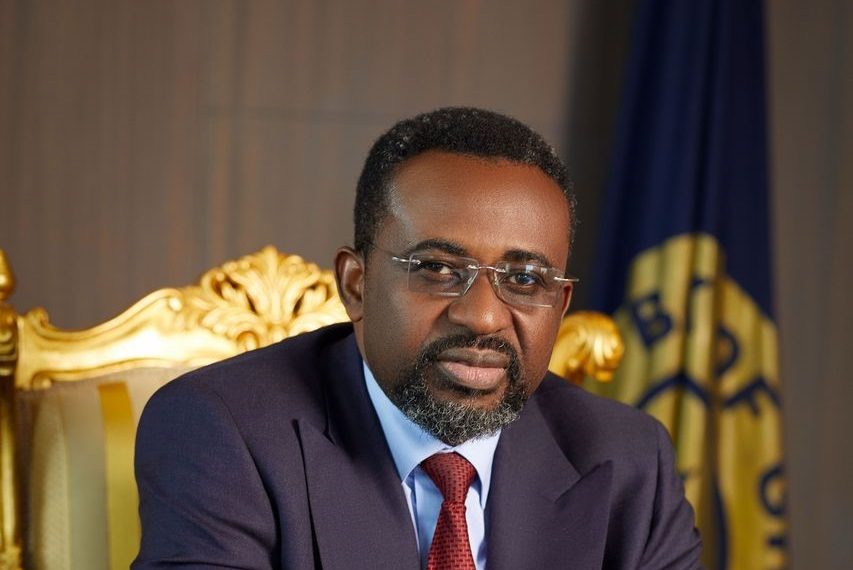The Government of Ghana maintained a tighter grip on public spending in the first seven months of 2025, keeping total expenditure below projected levels and signalling improved fiscal discipline.
This was contained in the Bank of Ghana’s September 2025 Monetary Policy Report, which outlined key spending trends across major categories and assessed the implications for the country’s broader fiscal consolidation agenda.
Between January and July 2025, total government spending amounted to GH¢131.1 billion, equivalent to 9.4 per cent of Gross Domestic Product (GDP). This figure is GH¢21.5 billion lower than the programmed target of GH¢152.6 billion (10.9 per cent of GDP), representing a 14.1 per cent shortfall.
Although overall expenditure grew by 9.3 per cent year-on-year, the government managed to contain spending more effectively than planned—an indication of stronger expenditure controls and a deliberate effort to align spending with available resources.
One of the most notable developments was a sharp drop in interest payments, which totalled GH¢28.9 billion, about 19.5 per cent lower than the GH¢36 billion target.
According to the central bank, this decline was largely influenced by falling domestic interest rates and the appreciation of the Ghanaian cedi, which helped reduce the cost of servicing external debt.
The easing interest burden provides some fiscal space for the government, which has been under pressure to reduce its high debt service-to-revenue ratio.
The only major expenditure item that exceeded the budget target was compensation of employees, which reached GH¢44.9 billion. This slight overrun reflects the government’s continued commitment to meeting wage and salary obligations despite tight fiscal conditions.
Wage-related spending remains a significant portion of total expenditure, accounting for more than a third of all spending during the period under review.
A key area of concern, however, is capital expenditure (CAPEX), which recorded a sharp decline. Total CAPEX stood at GH¢10 billion, representing a massive 63 per cent shortfall compared to the programmed GH¢22.4 billion.
Breaking this down, domestically financed CAPEX amounted to GH¢6.6 billion, mainly under the government’s Big Push Initiative, while foreign-financed projects contributed GH¢3.4 billion.
The decline in capital spending could slow the pace of infrastructure development and affect medium-term growth prospects, as capital investments typically drive productivity and job creation.
Another positive development was seen in arrears management. The government cleared GH¢4.8 billion in arrears during the period, below the GH¢8.1 billion target. Importantly, no new arrears were accumulated, pointing to improved expenditure control systems and a stronger commitment to fiscal consolidation.
This marks a significant shift from previous years when arrears accumulation added pressure to the fiscal deficit and complicated cash management.
The expenditure outturn aligns with the government’s ongoing fiscal consolidation efforts under the IMF-supported programme, which seeks to stabilise the macroeconomic environment, restore debt sustainability, and rebuild investor confidence.
By keeping spending below target, the government has created some fiscal room to manage revenue shortfalls and absorb external shocks.
Fiscal analysts say the challenge will be to sustain this discipline in the face of growing social demands and upcoming electoral spending pressures.
Ghana’s ability to curb spending below target during the first seven months of 2025 represents a notable improvement in fiscal management, particularly in interest costs and arrears clearance.
However, the steep decline in capital expenditure could have longer-term economic implications if not addressed in subsequent budget cycles. As the government continues to balance fiscal prudence with development needs, maintaining this trajectory will be critical for achieving macroeconomic stability and sustainable growth.
Click the link Puretvonline.com | WhatsApp Channel to join the WhatsApp channel
GOT A STORY?
Contact/WhatsApp: +233243201960 or manuelnkansah33@gmail.com

